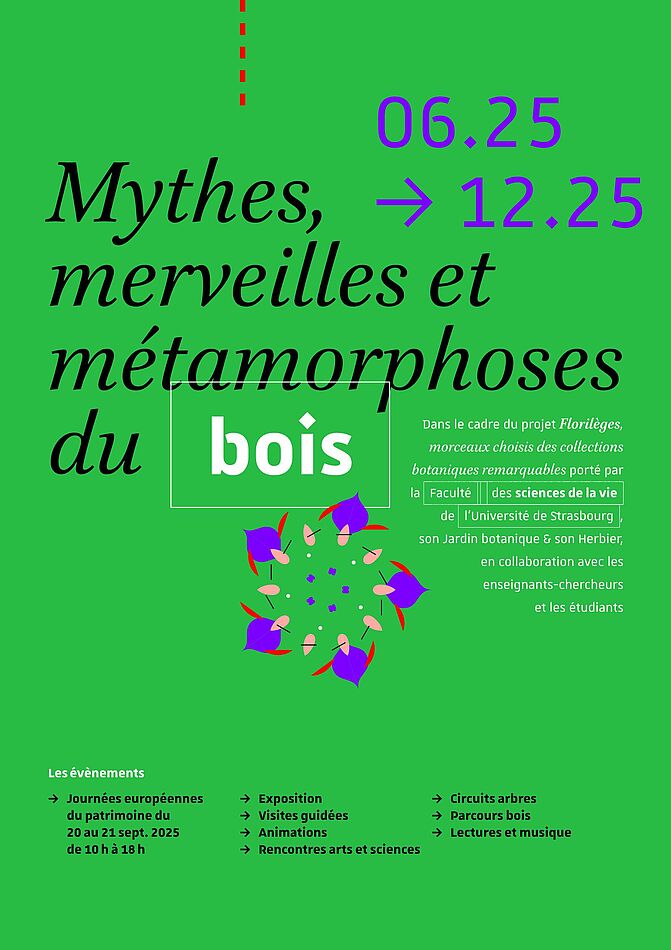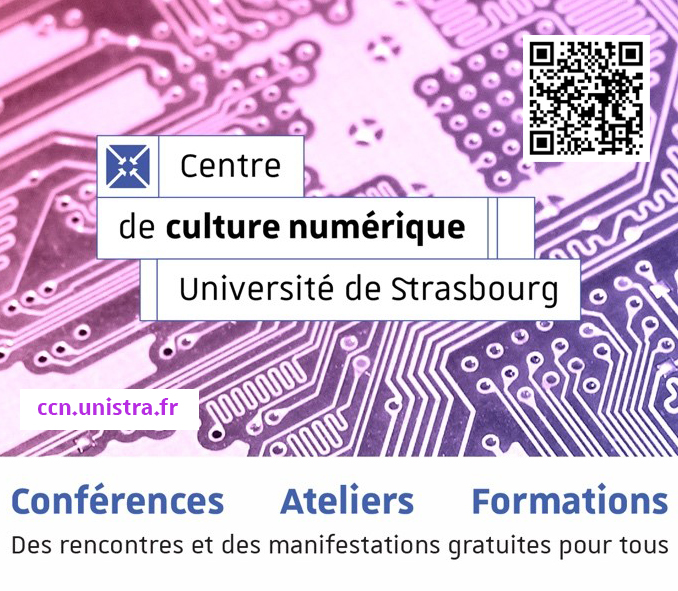Un séminaire intitulé « What is health in the time of Covid-19 ? » Adaptivity as a key notion to understand the relationship between health and the environment in the current and post-pandemic scenario, aura lieu le lundi 18 octobre à 17h15 à la Maison interuniversitaire des sciences de l'Homme - Alsace.
The COVID-19 pandemic has caused death and illness, and it has drastically changed our social interactions and behaviours. From the philosophical point of view, specifically in philosophy of medicine and environmental philosophy, the spread of this virus and its consequences challenge the current definitions and conceptualization of health and the management of health care. The mainstream definition of health adopted by the WHO in 1948 is ‘a state of complete physical, mental and social well-being and not merely the absence of disease or infirmity (WHO, 1948). In this paper we question this definition and its role in providing tools to understand what is health as related to the environment, namely in the contemporary pandemic context. In order to widen the definition of health to take into account the environment, we propose to introduce the concept of adaptivity. Adaptivity, in biology, is a relational concept consisting in the ability of an organism to maintain itself viable by employing specific regulatory mechanisms to change its behaviour and its own internal dynamics in response to variation. Adaptivity implies change. Adaptive mechanisms do not only respond to the environment as a source of threats (a pathogenic environment) by bringing an organism back to its initial viable state. The environment is rather a source of opportunities that require the organism to modify its activities and adopt new courses of action. We specify that adaptive mechanisms are not limited to physiology, but can be implemented in the environment to improve the overall viability of an organism. We discuss these ideas in the context of health and propose two examples of adaptive mechanisms in the environment: community-based medicine and microbiologically safe buildings. By doing so, we provide a wider and innovative analysis of adaptivity that will be suitable also for a post-pandemic scenario and can be shared not only among philosophers of medicine and environmental philosophers, but also among healthcare professionals and medical educators.



